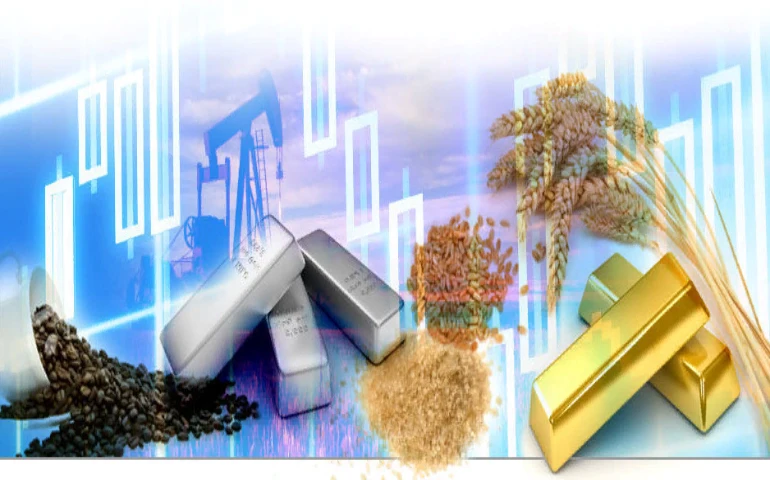Forex trading and commodities trading: Forex or commodities?
 Johannes Röll
20 / November / 23
Visitors: 1069
Johannes Röll
20 / November / 23
Visitors: 1069
Many traders would like to determine how commodity trading is better than Forex trading. The main difference between Forex and commodity trading is the commodities or securities traded. Commodity markets trade agricultural products such as cocoa, coffee, and cotton, as well as mining products such as oil and gold. The foreign exchange market, often abbreviated as FX, trades currencies of different countries such as dollars, euros, yen, and is global. The approach to trading and analyzing these markets is similar. However, some factors that can help a trader decide which market is best for him to trade in are discussed below.
Personal preference
Some brokers are more comfortable trading in certain types of markets. Such traders prefer commodity markets because these are physical commodities that they understand better. Also, many of these commodities are used on a daily basis, so it is easier for traders to get information. I know my university traders who are experts on EURUSD; some know the excellent UK economy and only trade GBPUSD, and some like to trade oil or only gold.
Forex or commodities
The advantage of Forex trading over commodities trading is better liquidity, less influence of fundamental analysis than commodities trading. Unexpected commodity related news and high volatility can create more risk for commodity trading.
What is the difference between stocks, commodities and currencies?
Traders trade stocks by buying and selling shares of various companies and trying to profit from fluctuations in their prices. Commodity traders trade and invest in physical substances. Forex, or foreign exchange, is a global marketplace for trading national currencies against each other.
Differences in regulation
One of the differences is in the regulation of the foreign exchange and commodity trading markets. Currency markets are not as heavily regulated compared to the highly regulated commodity markets. Although some Forex trading regulations exist, they are not as strictly enforced and traders and brokers circumvent these regulations. Therefore, some traders prefer to trade in the government regulated market where their assets are safe.
Exchanges for trading
Commodities are traded on an exchange, while foreign exchange transactions are done over-the-counter with currency brokers or in the interbank market. Since commodities are traded on an exchange, there are limits on the daily range of commodities traded on the exchange. Once the limit is reached, the market has reached its up or down limit and no more trades are allowed in that commodity. If a trader made a trade that was adversely affected by the exchange limit, it could result in a loss as prices would remain the same.
Although a trader can incur losses in Forex as well, they can usually exit a trade at any time, unlike in commodity markets where swap limits apply.
Targeted Trading
A trader looking to gain an edge in currency and commodity trading may choose to trade currencies tied to commodities. For example, the Australian dollar is positively correlated with the spot price of gold, although the strength of the correlation can fluctuate. Similarly, New Zealand's economy is dependent on the dairy sector, and its currency is correlated with the price of whole milk powder. The Canadian dollar is correlated with crude oil prices, and when oil prices rose between 2014 and 2016, the value of the Canadian dollar also increased.
So the question arises: Forex or commodities: which is better to trade? Both markets are excellent and offer great opportunities. A trader only needs to specialize in a few markets (either Forex and commodities, stock market, or a few types of stocks or currency pairs), and that's it.
Can commodity currencies be compared? Yes, you can. All markets have common features (technical analysis, charting, trading theory...) and there are also differences such as opening hours, regulation, number of instruments, leverage, etc.
Emerging market currencies are also linked to rising commodity prices and have an inverse correlation with the US dollar. These currencies have high turnover and trading them can help offset the volatility seen in commodity trading.

Johannes Röll
Johannes Röll was born 1978 in Brilon,Germany. Graduated RWTH Aachen University. Over the past ten years he worked as Head of the plastic card team, where he was mainly responsible for the development of the distribution, Head of sales Department and Financial Analyst,where he got experience in planning and support sales figures for branches. For the present he works as freelancer





